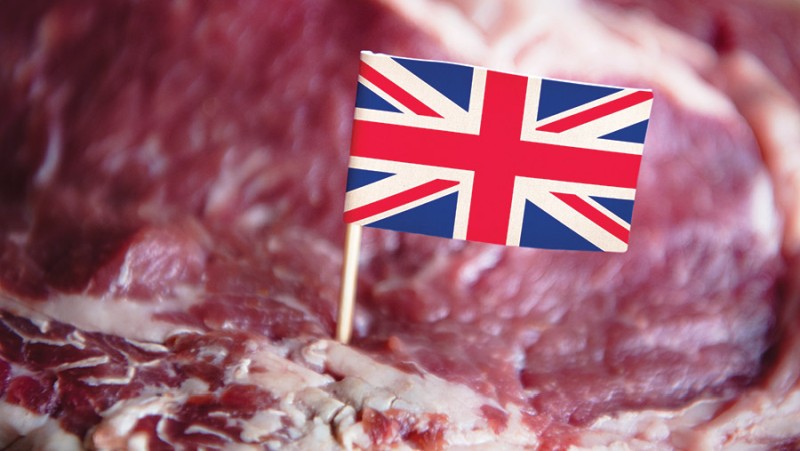
The NFU has raised concerns around any moves to introduce mandatory welfare or production labelling on food products.
The UK government recently consulted on new food labels and their role in promoting high standards and animal welfare.
The new post-Brexit label scheme would give shoppers better information and more informed choices about the food they eat, Defra explained.
This would help them to better identify and support high welfare standards or more easily choose to buy products from British farmers.
The department launched a call for evidence seeking public opinion on the labelling system, which closed for responses in early December.
The NFU has long called for clear labelling to help the public understand where products have come from and make informed decisions on the food they buy.
However, as part of its response to the consultation, the union said that it did not believe welfare or method-of-production labelling was enough to meet consumers' expectations on standards.
NFU food chain adviser Imogen English said: “Moves to introduce such a system may over-simplify a complex area, cause confusion for the public and carry an unreasonable burden to food and farming businesses."
She said there was already information on welfare and production standards provided by existing schemes that the public knew and trust, such as the Red Tractor.
"There is an opportunity now to focus on improving awareness and understanding of these existing labels and logos," she added.
"We should also be looking to strengthen our country-of-origin labelling requirements to include meat and milk as an ingredient and see the same level of origin labelling on products found online.”
It is anticipated there will be a wider review of food labelling as part of the government’s Food Strategy White Paper, where there may be a need for public consultation this year.
